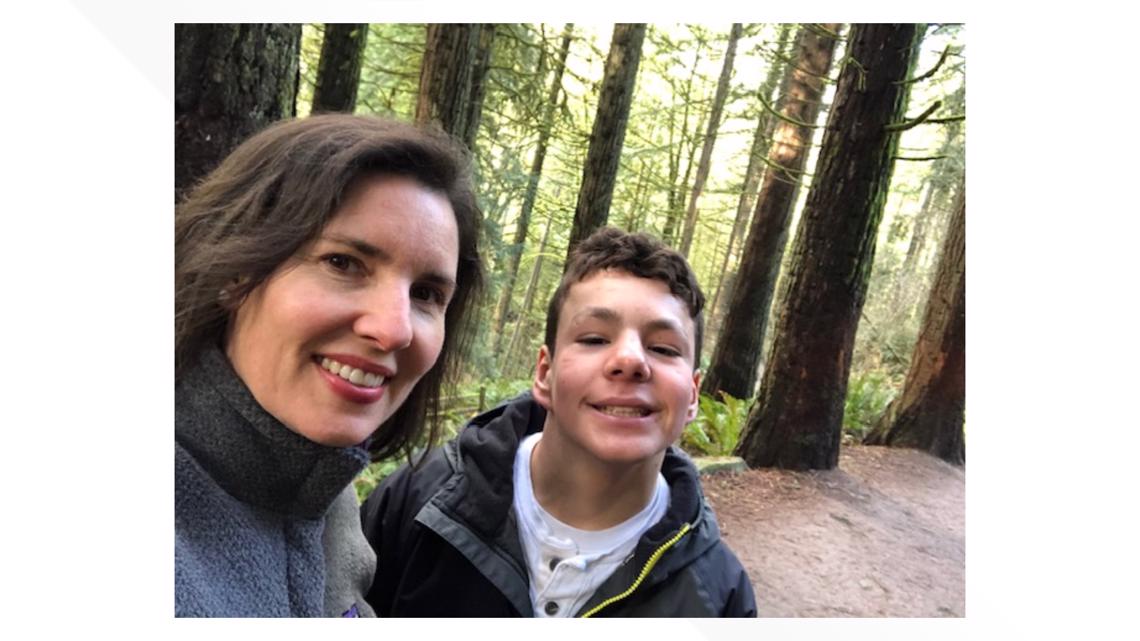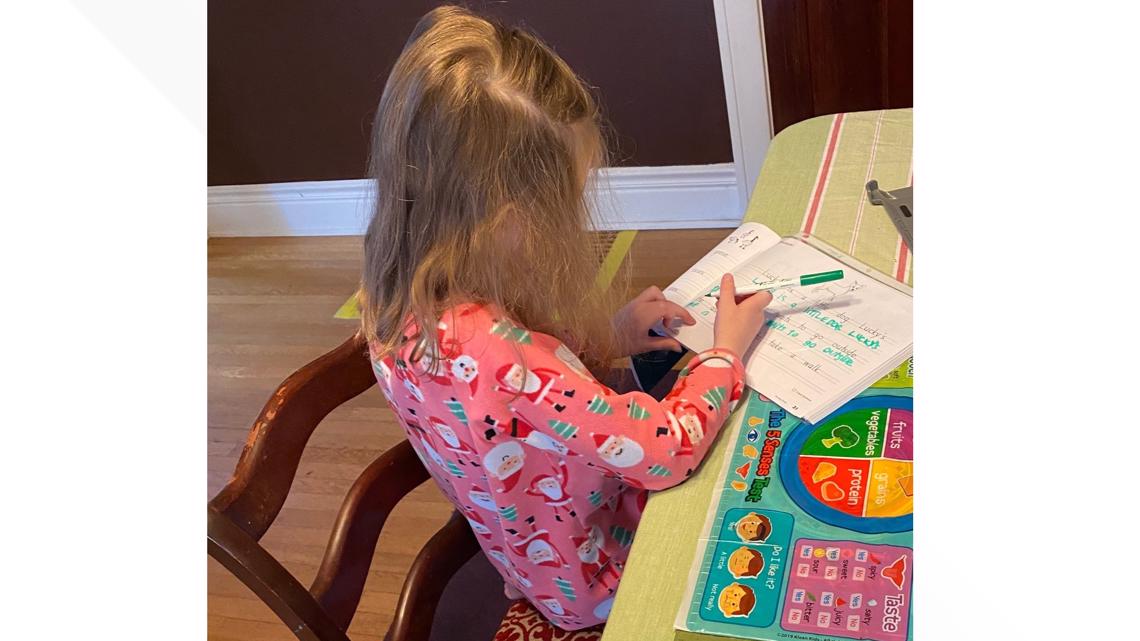PORTLAND, Ore. — Parents with special needs kids are wondering what they’re going to do as many schools in Oregon are starting fall with full online learning. They say their kids will need more support.
"I have a just-turned 12-year-old who will be entering 6th grade in the fall ... Liam has ADHD and he's high functioning autistic," said Kim Pfefer.
Pfefer said her son has trouble focusing on virtual learning and thinking about school this fall is stressful.
"It's all just kind of anxiety building," she said. "In the spring it was pretty awful … we actually had to hire somebody to come in and sit with him because it couldn't be me because I was gonna get that push back."
She said hiring someone was a huge financial strain, and while Pfefer is a stay-at-home mom, she thinks her family will have to hire on additional help again this fall.
"I feel like they're gonna fall so far behind without this extra help," Pfefer said. "I don't know what we're gonna do. I'm thinking of going back to work so that we can afford to have somebody really sit here with him."
Pfefer’s son goes to private school. But Pfefer said regardless of whether a child with special needs is going to private or public school, the struggles are similar.


"I know other parents who are dealing with the same," said Pfefer. "Parents who are in public school and what are we gonna do?"
One of those parents is Olivia Shimkus, who has an eight-year-old daughter who experiences anxiety, autism spectrum disorders and ADHD. She will be attending ACCESS Academy, a Portland Public School for gifted students.
"We have struggled for her entire school education to find the right fit," said Shimkus.
Now, as a result of the pandemic, that struggle is amplified.
"It brings me a bit of pause when I read things from Portland Public [Schools] saying that they’re gonna make a priority of identifying special needs during this pandemic time," Shimkus said. "To us living the journey, it seems next to impossible to make that a reality."
Shimkus said she’s leaning toward homeschooling her daughter.


"Will we make it work? Yes, because it's of the utmost priority to us," said Shimkus. "It will be a sacrifice. It will be a financial sacrifice. It will be a stress sacrifice."
If and when kids do go back to school in-person, Shimkus also wonders what that will look like.
"She needs a lot of physical support in the classroom to remain safe and not disrupt the learning of others," said Shimkus.
She said her daughter learns best face-to-face so she can develop social emotional skills. In addition, Shimkus said her daughter needs physical touch, which helps get her attention.
Like Shimkus, Pfefer's son also goes to school mainly to learn social emotional skills in the classroom. But without in-person school, she's worried those needs won't be met.
"It's hard to swallow that he's gonna be missing who knows how long of that as this point," Pfefer said.
Pfefer said she hopes state leaders set separate guidelines for special needs kids, like they did for kid in grades K-3, where the rules are a little less stringent.
"I do feel like across the board, special needs kids need more," said Pfefer.
"I feel like [state leaders] can really aid a really small population in a different way than the rest of the population because they [special needs students] have higher need."
What Portland Public Schools is saying about special education
The following is what we found regarding special education on the PPS website:
As we know, special education services are best provided through in-person support and guidance. We will provide specially designed instruction for students through a virtual learning model. We are working on an online curriculum to support families to support their student’s learning. We will continue to provide speech and language services, small group instruction, occupational and physical therapy, and access to general education online learning opportunities, based on students’ IEPs.
There will be some services that we will not be able to provide in a virtual environment, such as 1:1 paraeducator supports. We will review IEPs with families as needed to make appropriate amendments for a virtual setting. As always, please contact your case manager with questions regarding your student’s services and if you have additional special education questions, please contact our special education department.

